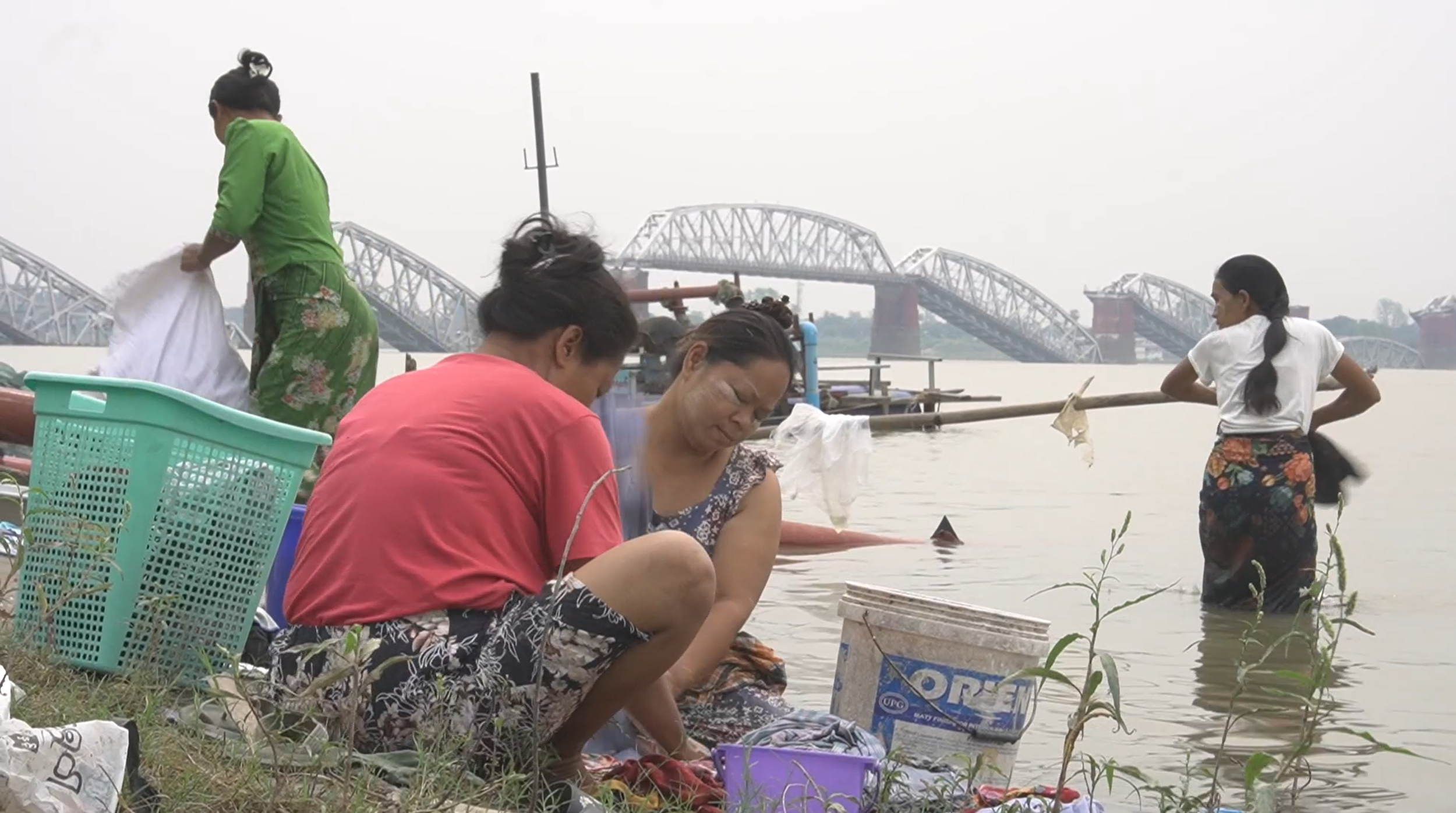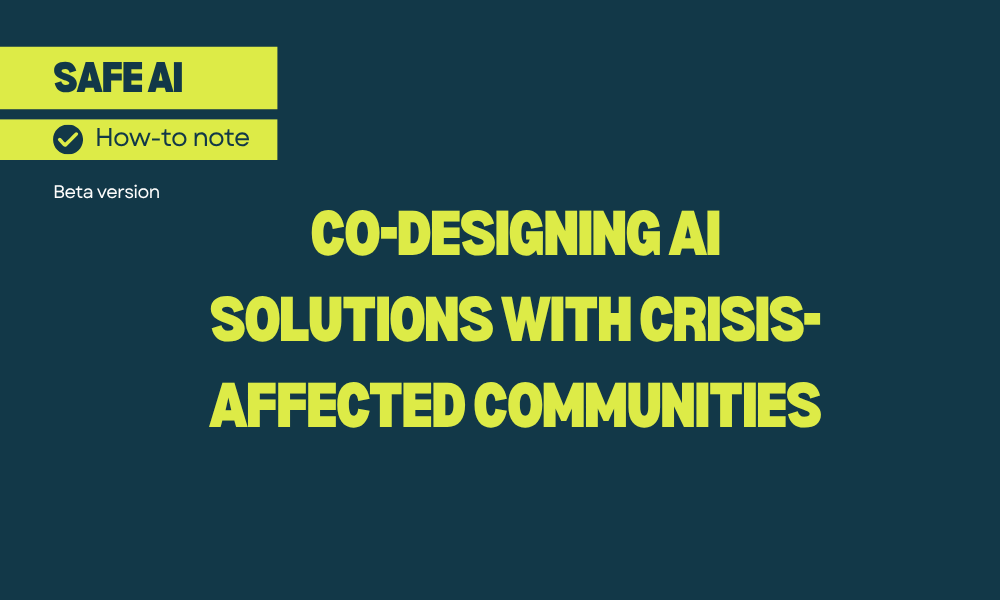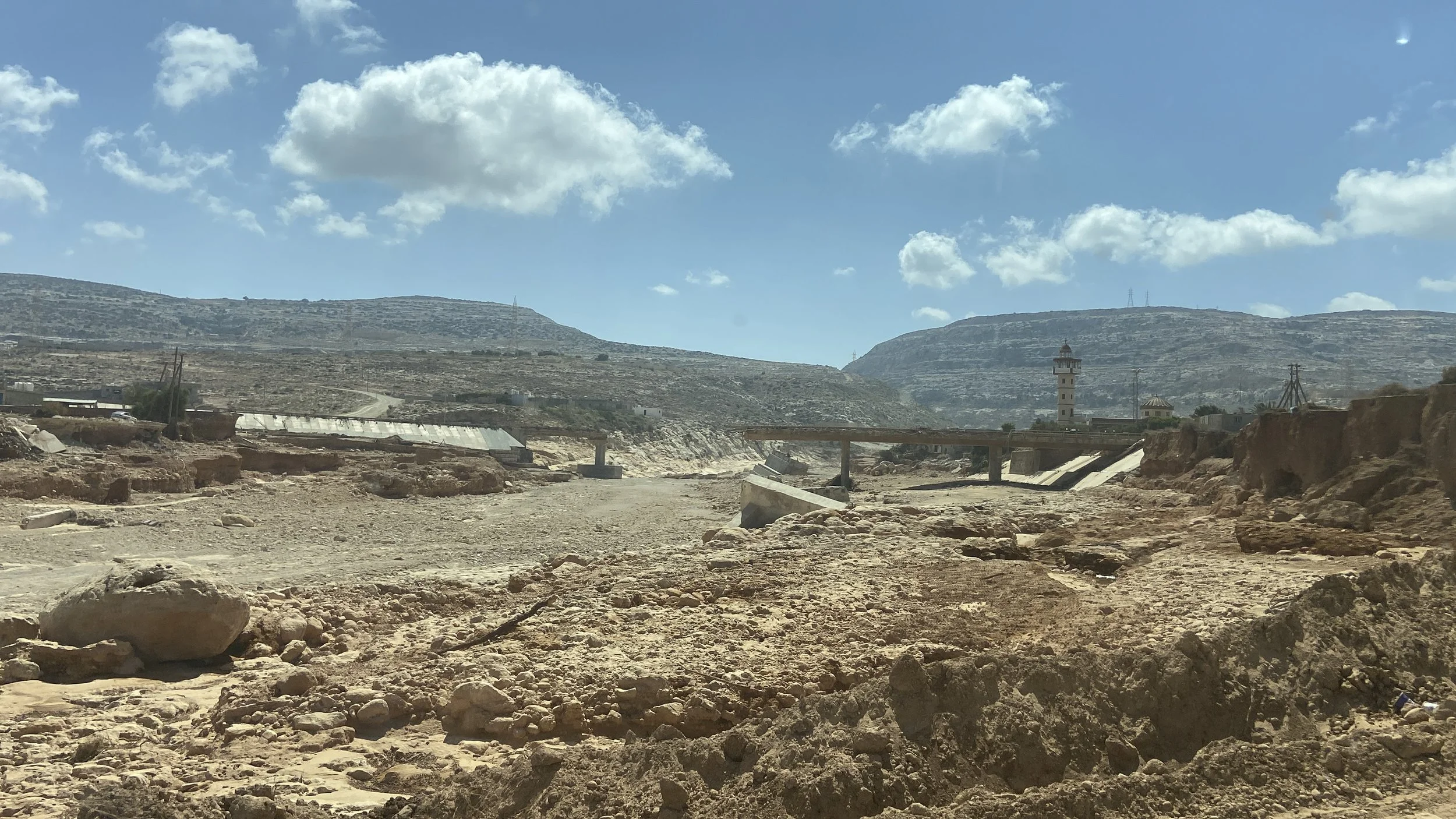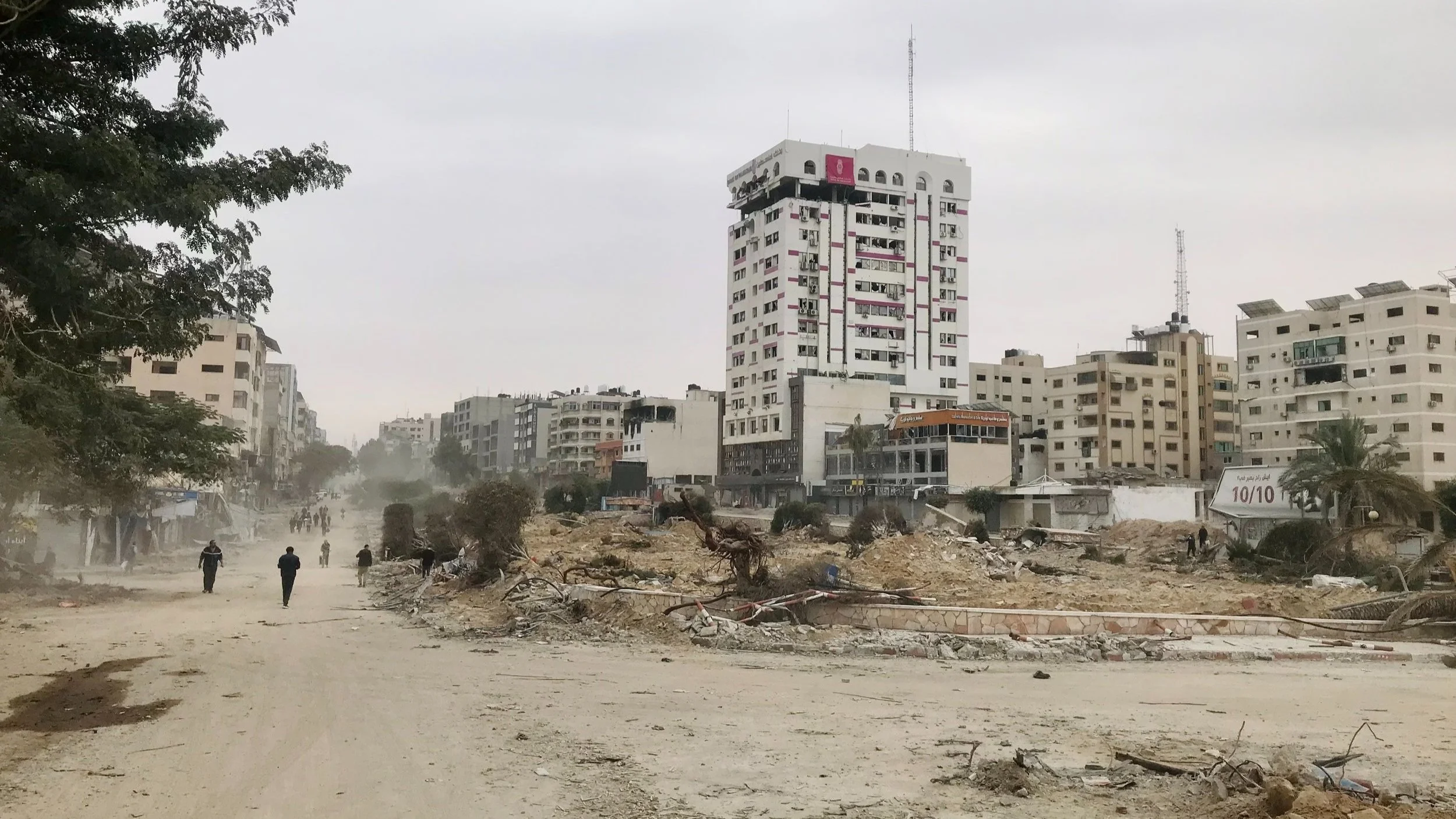Resources
Search our resources
Or filter resources by
Country/region
- Afghanistan 2
- Africa 32
- Americas 3
- Asia 11
- Bangladesh 3
- Belarus 1
- Burkina Faso 3
- Caribbean 7
- Chad 1
- Colombia 3
- Cote D'Ivoire 1
- DRC 1
- Dominica 2
- Ethiopia 3
- Europe 10
- Fiji 6
- Global 57
- Guinea 1
- Haiti 4
- Hati 1
- Horn of Africa 8
- Indonesia 1
- Iraq 1
- Kenya 10
- Libya 1
- Malawi 1
- Middle East 9
- Morocco 2
- Mozambique 4
- Myanmar 3
- Nepal 3
- Niger 2
- Pacific 19
- Pakistan 4
- Palestine 3
- Papua New Guinea 10
- Philippines 6
- Sierra Leone 1
- Somalia 3
- South Sudan 2
- Southeast Asia 7
- Sudan 6
- Syria 3
- Turkiye 3
- Ukraine 6
- Vanuatu 5
- Yemen 1
- Zimbabwe 1
Topic
- #safeai 3
- #safeaihumanitarianengagement 1
- #safeaiparticipation 3
- AI 7
- CDAC Public Forum 13
- COVID-19 12
- DEPP 7
- Digital security 2
- Ebola 1
- Lebanon 1
- Local Lifelines 3
- Myanmar 2
- National Platforms 9
- PSEA 2
- SMS 2
- Sudan 4
- accountability 47
- capacity bridging 15
- cholera 2
- climate 11
- co-design 3
- communication 110
- community engagement 80
- conflict 20
- coordination 51
- cyclone 3
- development 1
- digital 30
- digital hygine 1
- disability 2
- disaster 41
- displacement 14
- drought 3
- earthquake 14
- feedback 7
- financing 5
- floods 3
- harmful information 1
- health 16
- hotline 1
- hurricane 2
- inclusion 11
- information 70
- information integrity 8
- journalism 31
- localisation 28
- media 50
- media development 3
- misinformation 8
- needs assessment 7
Snapshot: Information environment in Myanmar post-earthquake (November 2025)
This CDAC Network snapshot is a November update on the current state of the information environment in Myanmar, post April 2025 earthquake. It reveals how information gaps left by years of conflict, an opaque aid system and suppressed local media, is creating fertile ground for harmful information spreading fear and violence. An under-resourced local media struggles to bridge these gaps amid dwindling financial support.
2025 Public Forum framing paper: Information in Crisis
This Framing Paper outlines the critical conversations informing the CDAC’s Public Forum on 10 December 2025 in Bonn, in partnership with DW Akademie and Fondation Hirondelle. The paper lays out the current state of information and why it is at a crisis point, and makes a bold Call to Action on what we can do about it.
Tipsheet: Joining online sessions safely
CDAC Network’s tipsheet for joining online sessions safely is a guide designed to help ensure participants' safety when taking part in online training sessions or meetings, especially in environments with security risks or surveillance.
Digital Security and Hygiene Tipsheet
CDAC Network’s Digital Security and Hygine Tipsheet outlines the key digital security and best practice tips designed specifically for mutual aid groups and local actors working in the humanitarian sector. Download the tipsheet below, or follow the instructions below.
Sudan’s information war: How weaponised online narratives shape the humanitarian crisis and response
Sudan’s information war: How weaponised online narratives shape the humanitarian crisis and response examines how misinformation and disinformation have become weapons of war in Sudan's humanitarian crisis, directly obstructing aid delivery and fueling violence. While humanitarian organisations recognise these threats, their responses remain fragmented and reactive.
Snapshot: Information environment in Myanmar post-earthquake (August 2025)
This CDAC Network snapshot outlines the current state of the information environment in Myanmar, post April 2025 earthquake. It reveals how information gaps left by years of conflict, an opaque aid system and suppressed local media, is creating fertile ground for harmful information spreading fear and violence. An under-resourced local media struggles to bridge these gaps amid dwindling financial support.
Racing against rumours: Understanding harmful information on humanitarian needs and response in Lebanon
In Lebanon's humanitarian system, rumours spread faster than official information, driving communities to act on unverified messages about aid cuts, registration changes, and returns. This CDAC Network report examines how harmful information circulates through informal networks—WhatsApp groups, religious leaders, former NGO staff—that fill gaps left by inaccessible official channels.
How-to note: Co-designing AI solutions with crisis-affected communities (beta)
This how-to note from the SAFE AI Project provides practical guidance for co-designing AI solutions with crisis-affected communities – bridging the divide between humanitarian and technological co-design practices. It aims to improve the delivery of responsible and ethical AI solutions in humanitarian contexts.
Policy brief: Addressing power dynamics in participatory AI for crisis-affected communities (beta version)
This case study from the SAFE AI Project examines real-world challenges in implementing participatory AI through a groundbreaking pilot in Kakuma Refugee Camp and Kalobeyei Settlement.
Co-design vs. User-Centred Design for AI Solutions (Beta version)
This factsheet from the FCDO-funded SAFE AI Project provides practical guidance for humanitarians working with AI to understand two different approaches to participation in AI development.
Evolving dynamics of the Sudan conflict: Implications for humanitarian action and civil society
This report examines Sudan's evolving conflict dynamics and their impact on humanitarian action and civil society operations after three years of war. It presents broad recommendations and possible responses based on ongoing transformations, including the proposal of new initiatives and directions to safeguard and support civil society and humanitarian work.
Building a Responsible AI Framework for Humanitarian Action in a Rapidly Changing Landscape (FCDO Roundtable)
Notes from the UK Government’s Foreign, Commonwealth and Development Office (FCDO) roundtable and soft launch of the FCDO-funded SAFE AI project.
Local lifelines: Recommendations for systemic information sharing
The local lifelines project aims to improve the humanitarian information ecosystem by supporting an enabling environment for greater localised humanitarian action in Sudan.
Local Lifelines Sudan roundtable notes
In February 2025 and December 2024, CDAC Network convened two roundtables on Sudan to share recommendations with ERR, mutual aid groups, diaspora representatives, UN, donors, INGOs and conflict researchers.
Pathways for strengthening community feedback and complaints approaches in Papua New Guinea
This policy brief outlines the role of common feedback mechanisms in Papua New Guinea and recommends ways to strengthen approaches to two-way communication with communities in disaster response activities in-country.
Empowering crisis-affected communities in Papua New Guinea through information
This guide provides a framework for disseminating lifeline messages to people affected by crises in Papua New Guinea via trusted and accessible communications channels. It also includes key messages and channels for sharing them.
Kenya Media Landscape Guide
Avaliable in English and Swahili, this guide provides a snapshot of the media environment in Kenya, including digital and social media, radio, television, print and other traditional forms of mass communication. The aim is to facilitate reliable, trusted and timely communication, particularly during crises, and to promote a healthy information environment in Kenya.
How to spot harmful information in crises
In times of emergency, finding reliable information online can be challenging. This tipsheet offers practical advice to help you identify trustworthy information and avoid misinformation.
Communication and community engagement in the Libya flood response
As aid actors transition to an early recovery response in Libya, prioritising clear communication with communities will be crucial. Two bulletins provide a round-up of social media listening, media analytics and resources for practitioners; and recommendations for strengthening communication and community engagement in the response.
Urgent call to prioritise communication in Gaza
As communications blackouts continue to cut Gaza off from access to information and connectivity, CDAC Network issues an urgent call to let Gazans speak, connect with one another and make informed decisions.




















